Pity is like eating mustard without beef
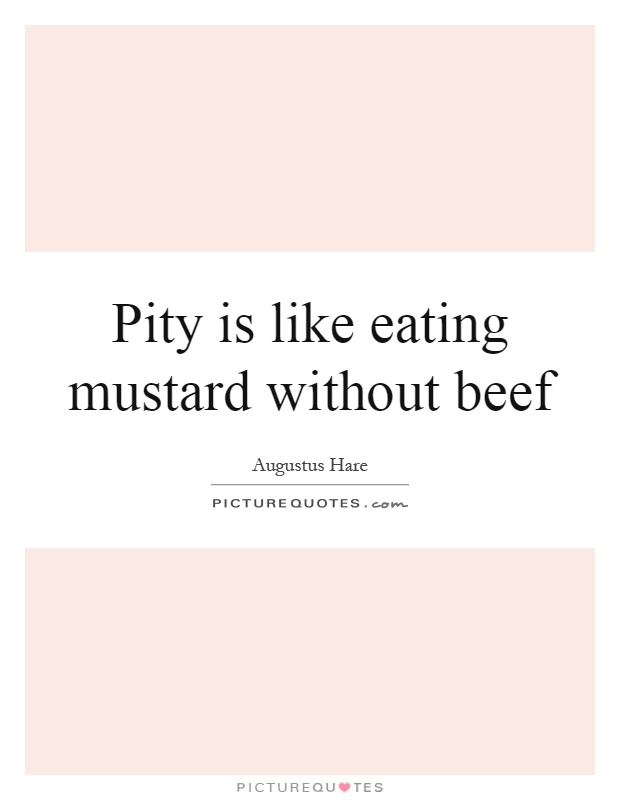
Pity is like eating mustard without beef
Augustus Hare, a 19th-century English writer and raconteur, was known for his wit and wisdom. One of his most famous quotes is "Pity is like eating mustard without beef." This seemingly simple statement holds a profound truth about human nature and the complexities of empathy.In the context of Augustus Hare, this quote can be interpreted as a commentary on the superficiality of pity. Pity, in this sense, is seen as a hollow gesture, lacking substance or true understanding. Just as eating mustard without beef leaves one unsatisfied and craving something more substantial, offering pity without genuine empathy or action is ultimately empty and unfulfilling.
Hare's words remind us that true compassion requires more than just feeling sorry for someone's plight. It requires a deeper understanding of their struggles, a willingness to listen and learn, and a commitment to taking meaningful action to alleviate their suffering. Pity, on the other hand, often comes from a place of superiority or condescension, where one looks down on others from a position of privilege without truly connecting with their humanity.
Furthermore, Hare's comparison of pity to eating mustard without beef also speaks to the idea that empathy without action is incomplete. Just as mustard alone cannot satisfy hunger, offering pity without tangible support or assistance does little to address the root causes of someone's suffering. True compassion involves not only feeling for others but also actively working to improve their situation and create positive change.



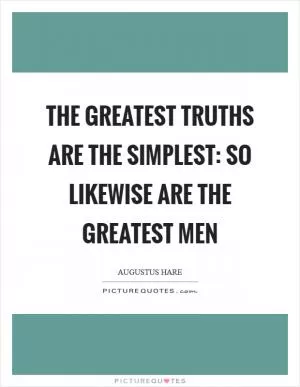
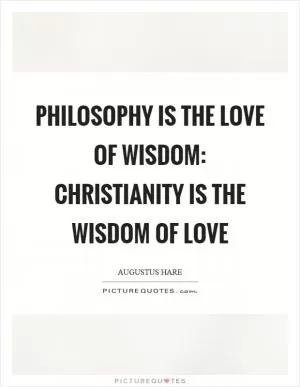


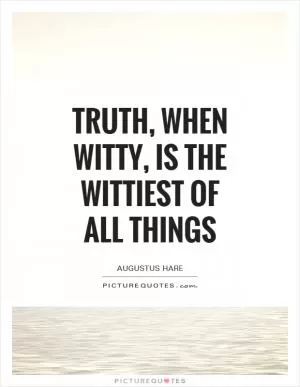
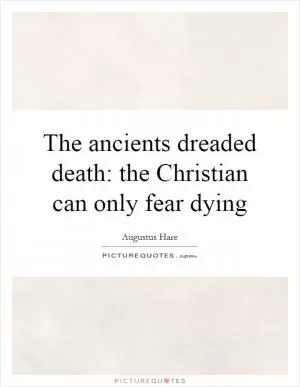

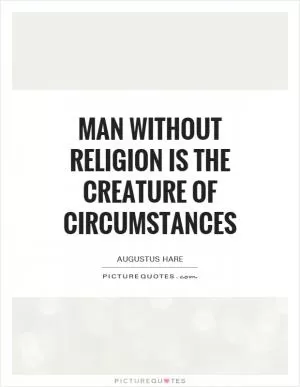
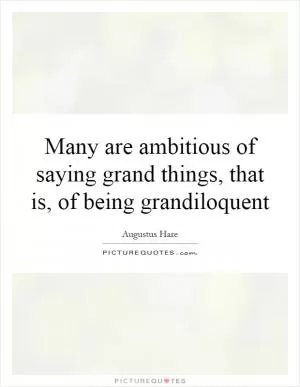
 Friendship Quotes
Friendship Quotes Love Quotes
Love Quotes Life Quotes
Life Quotes Funny Quotes
Funny Quotes Motivational Quotes
Motivational Quotes Inspirational Quotes
Inspirational Quotes